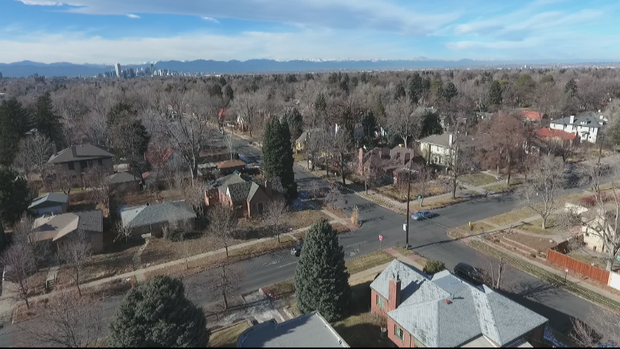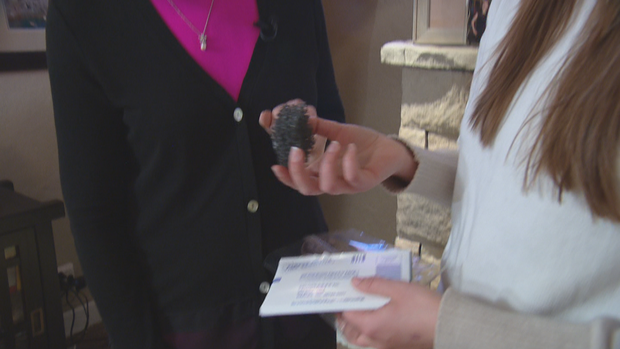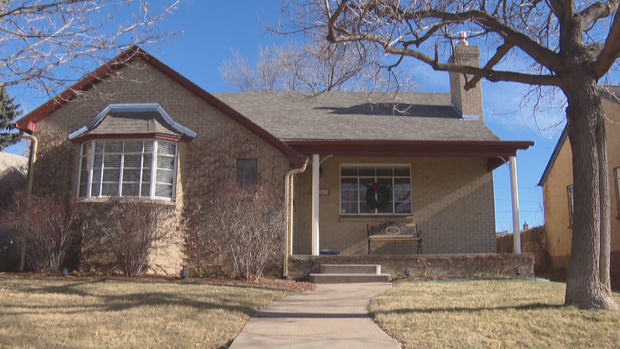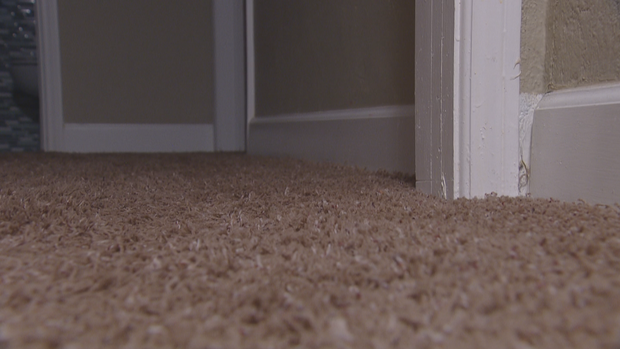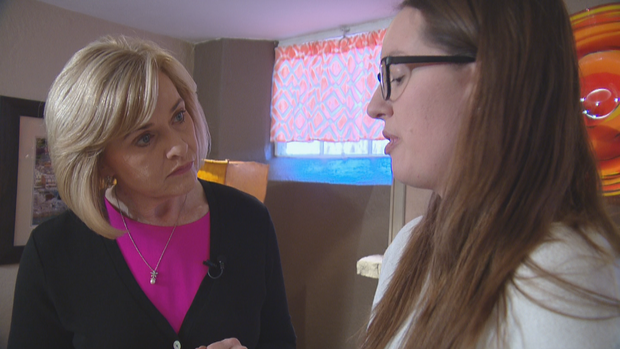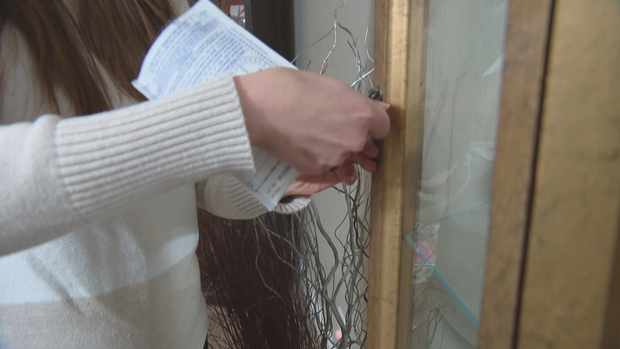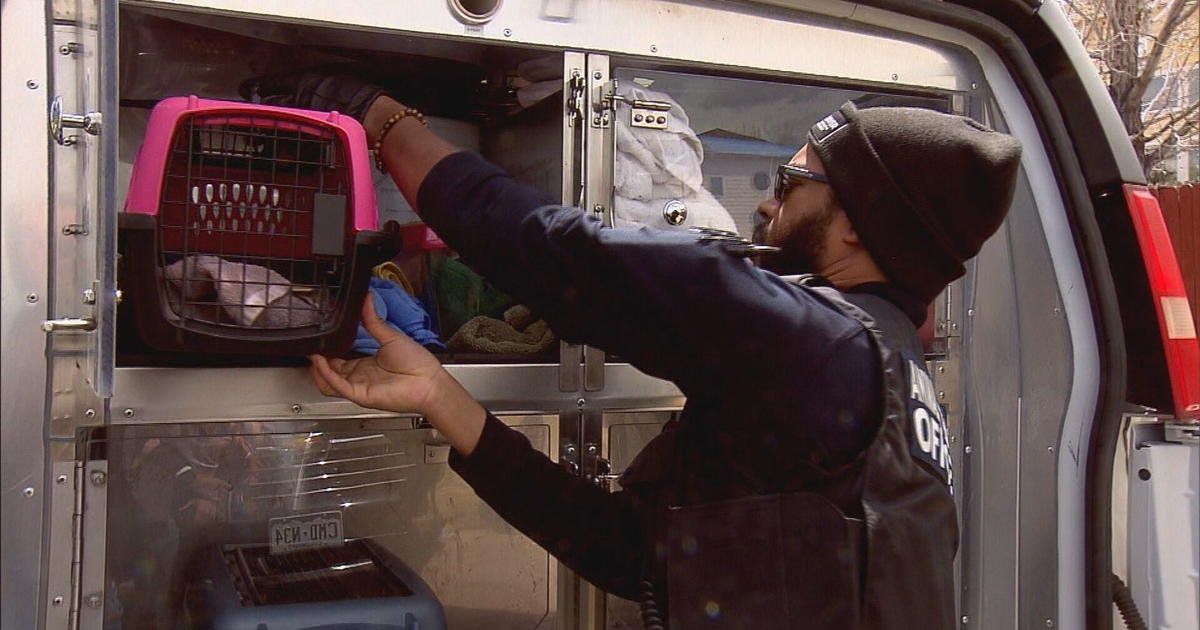Radon: The Silent Killer That Can Be Stopped
By Kathy Walsh
DENVER (CBS4) - You can't see it in your home or smell it, but radon could kill you. It is a naturally occurring radioactive gas.
According to the Colorado Department of Public Health and Environment, radon is responsible for more than 500 lung cancer deaths in Colorado each year.
Gov. John Hickenlooper has proclaimed January National Radon Action Month in Colorado.
The governor is encouraging people to get their homes tested. January makes sense because the test works best when all doors and windows are closed.
If you think you don't need to test, think again. Every home, in every neighborhood, in every state has the potential to harbor the silent killer.
Radon comes from the natural breakdown of uranium in soil and water and it seeps into homes through cracks or other openings.
"It's not a problem at all out in the environment, but in homes, like this one, it can get trapped," explained Kelly MacGregor, CDPHE Public Communications Specialist.
Experts said long-term exposure to radon is the leading cause of lung cancer in nonsmokers and the second leading cause of lung cancer in smokers. According to CDPHE, half of Colorado homes have radon levels that could cause health concerns.
"This is a health risk you can do something about," said MacGregor.
The first step is a test.
MacGregor showed CBS4 a simple kit which Colorado offers for free. You fill out one side with your information and when and where you are testing.
"You want to be testing in the lowest lived-in area of your home," said MacGregor.
Prop the kit open, then hang it for the number of days specified. Seal it up and mail it in. If the results show high levels of radon, don't panic.
"You don't need to flee your home or anything like that," said MacGregor.
But, the EPA recommends installing a mitigation system, a vent pipe system with a fan to pull the gas out. It costs, on average, $1,200 to get rid of radon.
You can also buy a test kit at a hardware store or online.
Kathy Walsh is CBS4's Weekend Anchor and Health Specialist. She has been with CBS4 for more than 30 years. She is always open to story ideas. Follow Kathy on Twitter @WalshCBS4.
